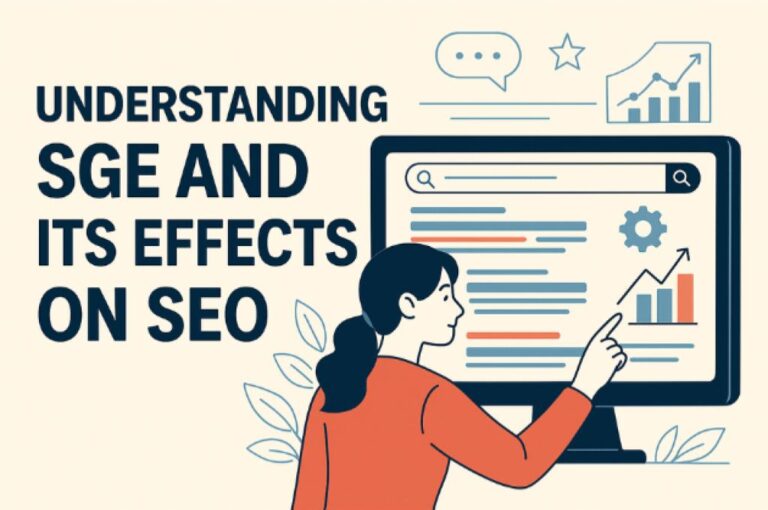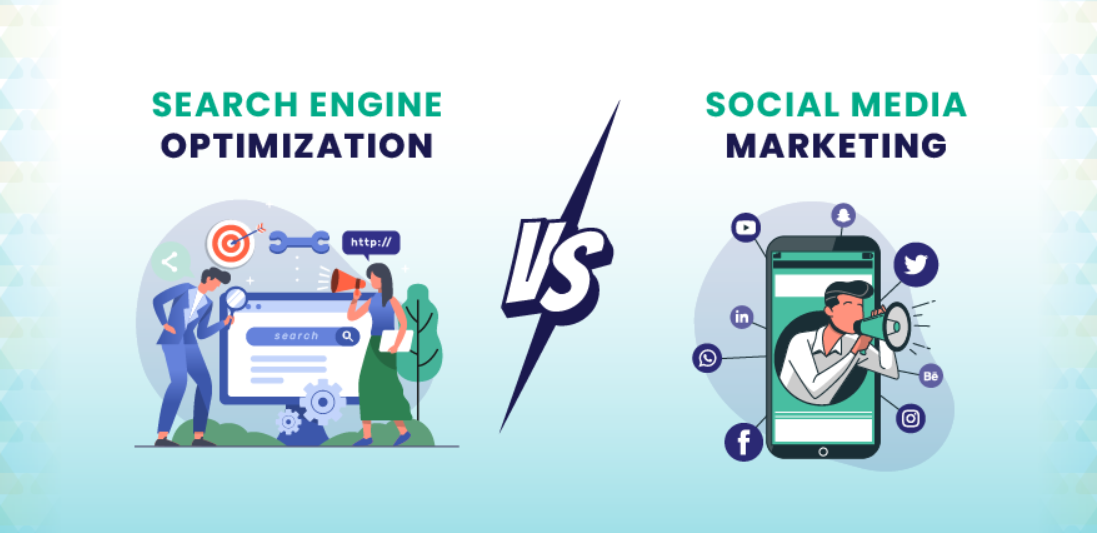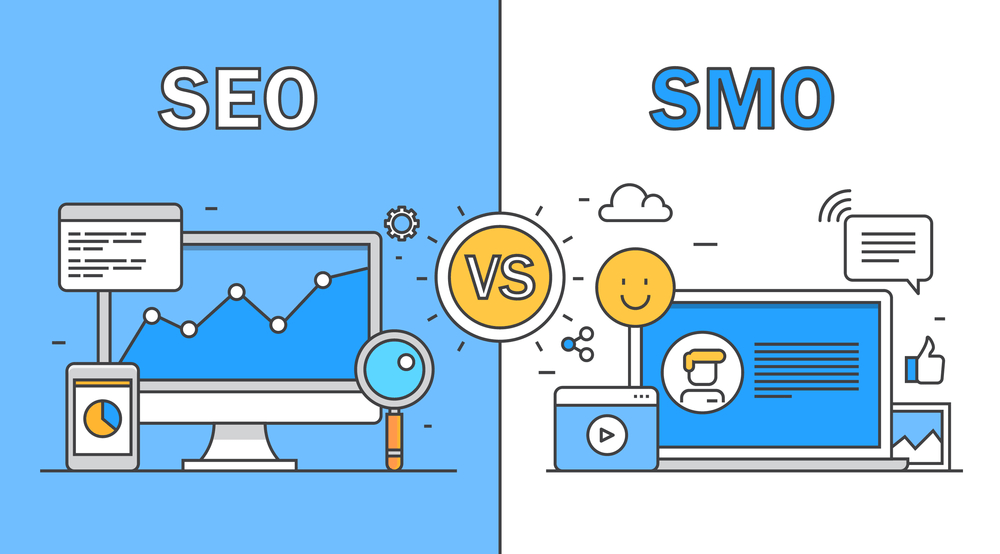Your website might have hidden technical SEO issues that AI SEO tools can easily detect. Website owners often overlook crucial problems beneath their seemingly perfect sites.
AI tools audit websites for SEO issues, including broken links, slow page speeds, and poorly optimized content. This technology makes technical SEO tasks quick and simple. Search rankings dropping? AI SEO tools provide smart solutions. These tools excel at both finding problems and suggesting fixes.
Search optimization has evolved significantly. Modern AI tools for SEO detect duplicate content automatically. They analyze multiple speed metrics at once and provide exact solutions to improve functionality. Expert knowledge isn’t necessary anymore because AI SEO optimization tools handle complex tasks automatically.
The quickest way to fix SEO issues doesn’t require endless manual audits. Tools like SERanking and Ahrefs conduct complete site audits to identify technical problems, from missing meta tags to duplicate content. Google PageSpeed Insights helps analyze website performance issues.
This piece will show you how AI makes technical SEO challenges simpler and provides applicable information to enhance your site’s performance. Let’s take a closer look at how this technology can change your search optimization strategy.
How AI Detects and Fixes Duplicate Content
Duplicate content affects about 25-30% of the web. This creates big problems for website owners who want better search rankings. Let’s see how AI SEO tools can spot and fix these issues.
Why duplicate content hurts SEO
Your SEO efforts take a hit when similar content shows up at different URLs on your website or other domains. This leads to several problems.
Search engines can’t figure out which version they should rank and index. Google wants to “index and show pages with distinct information”. The confusion leads to lower rankings for all duplicate pages.
On top of that, it wastes your crawl budget. Search engines spend time checking multiple versions of the same content and might skip other important pages on your site. Large websites feel this effect by a lot.
The biggest problem comes from splitting link equity. When other sites link to different versions of the same content, the ranking power gets divided instead of focusing on one main URL. Your SEO performance suffers and you get less organic traffic.
How AI tools use NLP to find near-duplicates
AI SEO tools use smart NLP techniques to spot both exact and near-duplicate content. These tools do more than just match words.
Modern AI tools for SEO use these methods to catch similar content:
- Shingling and fingerprinting: AI makes “shingles” (overlapping substrings) from your content and creates unique fingerprints. Tools can quickly compare documents and find matches this way.
- Cosine similarity algorithms: These math-based approaches measure how similar documents are by looking at the angle between their vectors. This helps catch content that someone tweaked or reworded.
- Levenshtein distance calculations: This algorithm counts the smallest number of character edits needed to change one string into another. It spots tiny changes.
AI SEO tools can find content that’s 90% or more similar in code. They catch small changes that humans might miss but still cause SEO issues.
Fixing duplicate content with AI suggestions
AI SEO tools spot duplicate content and offer useful fixes:
Canonical tags implementation: AI tools automatically create the right rel=”canonical” tags for your HTML code. These tags tell search engines which page is the original. You’ll need <link rel=”canonical” href=”URL”> in the <head> section.
301 redirect recommendations: AI tools suggest 301 redirects to combine duplicate pages when needed. This sends users and search engines to your main URL permanently.
Content rewriting assistance: Advanced AI SEO tools help rewrite similar content to make it different enough. You keep your message while avoiding duplicate content problems.
Sitemap and robots.txt optimization: AI looks at your setup and suggests ways to stop search engines from finding duplicate content.
The best part? Today’s SEO AI tools do all the checking automatically through site audits. They scan billions of web pages to find matches in your content. What used to be impossible to do by hand now happens automatically, saving time and boosting your search rankings.
Improving Page Speed with AI SEO Tools
Page speed can determine your website’s success or failure. Research shows that 47% of consumers expect web pages to load within 2 seconds. Users abandon websites that take more than 3 seconds to load 40% of the time. AI SEO tools can help find and fix these speed problems.
Common causes of slow pages
Your website might run slowly because of these factors:
- Unoptimized images: Images make up 75% of a page’s weight. Poor optimization creates major speed bottlenecks.
- JavaScript issues: Bad JavaScript code slows down page rendering. This happens with unminified code and synchronous loading.
- Excessive HTTP requests: Too many files for JavaScript, CSS, and images create extra HTTP requests that slow down your site.
- Server problems: Your server’s location, performance issues, and high traffic can make load times much longer.
- Code inefficiency: Messy code with extra spaces and inline styling makes files bigger and pages slower.
Websites lose about 1% of sales with every 100ms delay in load time. Making your site faster isn’t just good for SEO – it protects your revenue.
AI-based performance audits
AI SEO tools make performance audits easier and faster. These tools check multiple metrics at once to give you a clear picture of your site’s health.
The audits show you performance metrics, how users interact with your site, and possible security risks. Many tools can predict future problems before they happen.
AI-powered page speed tools assess:
- Core Web Vitals scores and metrics
- Server response times
- Resource loading sequences
- Render-blocking resources
- Crawl efficiency
SEO AI tools use this data to create a priority list of fixes based on their potential effect. You can tackle the biggest problems first to get better results.
Actionable fixes like image compression and script minification
AI tools find problems and offer practical solutions:
Image optimization: AI compresses images without losing quality. What takes an hour by hand takes minutes with AI. Some tools can shrink images by 40-60% while keeping them sharp.
Script minification: AI SEO tools clean up JavaScript and CSS files automatically. They remove comments, spaces, and extra code. Google considers minification one of the most important speed factors.
Caching implementation: AI tools set up browser caching to store common files locally. This makes pages load faster when visitors return.
Server optimization: AI suggests server improvements like gZIP compression that packages web files more efficiently.
CDN configuration: Content Delivery Networks put your site on local servers to load pages faster. AI SEO tools can set up and optimize CDNs automatically.
These changes make a big difference. Some AI platforms cut page load times by up to 80%. Even small improvements help – retail websites that load just 0.1 seconds faster see 8.4% more conversions.
Fast pages create great user experiences that convert better. AI SEO tools handle the technical work so you can focus on growing your business while your website runs smoothly.
Using AI to Generate and Maintain XML Sitemaps
XML sitemaps work like roadmaps that guide search engines through your website content. These UTF-8 encoded files tell search engines about all your pages and how they connect to each other. Each file can hold up to 50MB or 50,000 URLs.
Why sitemaps matter for SEO
XML sitemaps boost your search visibility in several ways:
- Faster discovery: Search engines can find your content quickly, which helps new websites that don’t have many external links.
- Better crawling efficiency: A clear structure makes the crawling process smoother.
- Finding orphaned content: Sitemaps help discover pages that don’t have internal links.
- Update notifications: The <lastmod> tag lets search engines know when you’ve changed content.
- Language version identification: Search engines can spot different language versions of your content.
Google says sitemaps are great for big websites, sites with lots of archives, new websites without many external links, and sites that have rich media content. The experts at Yoast believe every website benefits from having an XML sitemap.
How AI tools auto-generate and update sitemaps
AI SEO tools have made sitemap creation simple and automatic. These systems look at your website structure and organize all pages by importance.
AI SEO tools take care of:
Complete URL discovery: AI crawlers map out your site structure and find pages you might miss if you did it manually.
Format compliance: Your sitemap will follow all protocol standards with the right XML formatting.
Daily refreshes: The system spots changes in your sitemaps each day and handles new, removed, and updated URLs.
Broken link removal: The tools spot and remove dead or outdated links from your sitemap to keep indexing clean.
Automatic updates: Your sitemap updates itself when you add new content, so you don’t need to do anything.
AI tools can split large website sitemaps into smaller files with an index file to stay within the 50,000 URL limit. They submit these sitemaps to search engines like Google through Search Console.
This automation gets rid of human error. You get perfectly formatted sitemaps that meet all technical requirements and fix SEO problems related to site crawlability and indexing.
Optimizing Robots.txt and Crawl Budget with AI
Your site’s search visibility depends on crawl budget optimization. Search engines can’t index what they can’t crawl, and this shapes everything in technical SEO success.
Understanding crawl budget
Search engines will crawl a specific number of pages on your website within a set timeframe – this is your crawl budget. Smaller sites with fewer than a few thousand URLs rarely face problems. Notwithstanding that, large websites with auto-generated pages often struggle with crawl limitations.
Two key factors determine your crawl budget:
- Crawl rate limit – Search engines adjust their crawling speed to avoid overwhelming your servers. This adjustment considers:
- Server response times
- Page loading speed
- Crawl errors
- Crawl need – Google’s desire to crawl your site depends on:
- Content freshness
- Page popularity
- Link authority
AI SEO tools now predict which pages offer the most value to search users. These tools give importance scores to different pages based on traffic data, content freshness, and social participation. Pages scoring higher get crawled more often.
How AI configures robots.txt for better indexing
The robots.txt file works like a traffic controller for your website and guides search engines and AI crawlers to available and restricted areas. AI SEO tools automate this critical file’s creation and maintenance.
SEO AI tools can configure robots.txt to:
- Block unnecessary crawling – Stop bots from accessing duplicate content, admin areas, and low-value pages that waste crawl budget
- Protect sensitive content – Keep private information and internal structures safe
- Balance crawling with performance – Set crawl delays that preserve server resources while maintaining detailed coverage
AI tools for SEO implement dynamic crawling schedules that adapt to your website’s behavior patterns. These tools identify specific changed pages and focus crawling resources only on updated content instead of crawling entire websites regularly.
AI can turn robots.txt into an early warning system that spots potential security threats. This proactive approach helps fix SEO problems before they affect your rankings.
AI-Powered Schema Markup and Meta Tag Optimization
Schema markup might look like complex code to untrained eyes, but it serves as a secret language between your website and search engines. This structured data vocabulary helps search engines understand your content better.
What is schema markup and why it matters
Schema markup adds standardized structured data to your HTML that gives more context about your web pages. It functions as a semantic vocabulary of tags that makes your content easier for search engines to understand.
Schema markup brings several benefits:
- Your content becomes eligible for rich snippets in search results
- Search engines display your content more prominently
- Eye-catching details lead to better click-through rates
- Users see important information directly in search results
Your page typically shows up as a simple blue link without schema markup. Your content won’t grab attention if competitors use schema and get rich snippets. Schema markup also helps build your organization’s knowledge graph – a network of relationships between entities defined using standard vocabulary.
How AI generates structured data
AI SEO tools make the schema implementation process simple and quick. These tools analyze content through Natural Language Processing (NLP) and identify the most relevant schema types automatically.
AI SEO tools work through multiple approaches:
- Content classification using machine learning models
- Automated markup generation from page analysis
- Error detection in existing schema markup
The entire process takes minutes instead of hours. AI tools identify the right schema structure for your content, whether articles, products, reviews, or organizations.
Creating optimized meta titles and descriptions with AI
AI SEO optimization tools excel at creating meta tags – vital HTML elements that summarize your content in search results.
Meta descriptions work as your webpage’s “elevator pitch” in search results. Search engines rewrite them up to 70% of the time, but good descriptions still make a difference in your site’s performance.
AI-powered meta description generators provide these advantages:
- Create descriptions 6 times faster than manual writing
- Keep optimal character length (around 150-160 characters)
- Add relevant keywords naturally
- Produce compelling descriptions that get clicks
AI tools can optimize existing meta tags easily. They analyze your pages and suggest SEO-optimized meta descriptions and titles while researching keywords to deliver relevant results.
Conclusion
AI technology has changed technical SEO from a manual, time-consuming process into a quick, automated system. This piece shows how AI tools tackle technical challenges that once needed deep expertise.
AI tools excel at finding duplicate content that affects 25-30% of websites. These tools use smart algorithms to spot similarities and fix them through canonical tags or 301 redirects. On top of that, they make pages faster – crucial since 47% of users want pages to load within two seconds.
AI capabilities now handle sitemaps and robots.txt files that were once hard to maintain. The system scans your site daily, fixes broken links, and sets crawl parameters to maximize search engine attention. Your website gets better indexing with minimal manual work.
AI’s handling of schema markup and meta tags might be its most impressive feature. What took hours now takes minutes as AI analyzes content and creates structured data. This results in rich snippets and higher click-through rates.
AI’s strength in technical SEO comes from spotting patterns humans might miss while working faster than any manual audit. As search algorithms become more complex, AI tools will become vital to stay competitive online.
These AI solutions make technical SEO accessible to everyone by removing entry barriers. You don’t need special knowledge to fix complex problems anymore. The system handles technical details while you create quality content and grow your business.
The next time your website has technical SEO problems, try AI tools. They’ll save you hours and might deliver better results than manual methods that ever spread.



